Birsa Munda history Life Introduction

Birsa Munda history (15 November 1875 – 9 June 1900) was a great freedom fighter of India and a respected leader of the tribal society.
birth place : Jharkhand,Khunti district,village:Ulihatu
father’s name : sugna munda
mother’s name : karmi hatu
Caste : Munda
family business: farmer and animal husbandry
study : german mission school
During his education in this school, he was encouraged to embrace Christianity.
Birsa changed his name to Birsa David , but later he renounced Christianity and adopted his traditional tribal religion and values.
He inspired the tribal society to protect their original religion and culture.
Birsa organized the tribals against the British and started a revolutionary movement to protect their culture, land and rights.
His life span may have been short , but the wave of awareness and self-respect he spread in the tribal society is still immortal in the pages of history.
Social and cultural awareness

Birsa Munda history felt that the tribal society was being exploited due to the British rule, the Zamindari system and the policies of Christian missionaries.history
He saw that the tribals were being evicted from their lands and their culture was being lost.
Birsa Munda not only raised his voice against these problems, but he also laid the foundation of a new religion for the tribals, which is called ‘Birsaite religion’.
The main objective of this religion was to make the tribals aware of their basic customs, traditions and social values.
Birsa said, “Our water, forest and land are our identity.
They have to be saved at any cost.” This message became an inspiration for the tribal society and they organized under the leadership of Birsa and started a struggle to protect their rights.
Ulgulan movement
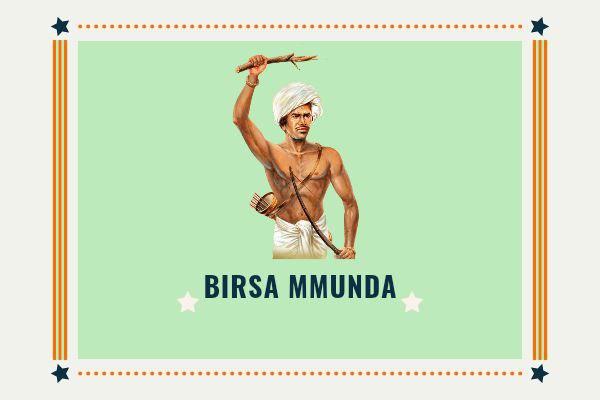
The tribal movement led by Birsa Munda is called ‘Ulgulan’ (Great Rebellion).
This movement was against the exploitative rule of the British and the oppressive policies of the landlords.
The main objective of this rebellion was to protect the land, culture and rights of the tribals.
Birsa organized the tribal society and ignited the spirit of self-respect and struggle in them.
Main objectives of Ulgulan:
Opposition to Zamindari system: Birsa demanded to free the land of the tribals from the clutches of Zamindars and moneylenders.
Opposition to the atrocities of the British: He described the laws and policies of the British as against the tribal society and fought against them.
Social reform: Birsa also led a movement against alcohol, superstition and bad practices.
Religious freedom: Birsa inspired the tribal society to follow their traditional religion and customs.
Birsa organized his followers and revolted against them in an armed manner. His followers used to call him ‘Dharti Aaba’ (Father of the Earth).
This title reflects the immense respect and reverence of the tribal society towards him.
In 1900, Birsa was arrested
Birsa’s movement was at its peak during 1899-1900. He, along with his followers, carried out several attacks against the British.
They targeted police stations, government buildings and English administrative centers. His rebellion became a serious challenge for the British.
The British used a strict repression to crush Birsa and his movement.
In 1900, Birsa was arrested.
He was imprisoned in Ranchi jail.
On 9 June 1900, Birsa Munda died in jail under mysterious circumstances at the age of just 25.
The cause of his death was said to be poisonous food or illness, but there is controversy about it.
Honoring Birsa Munda in Modern India
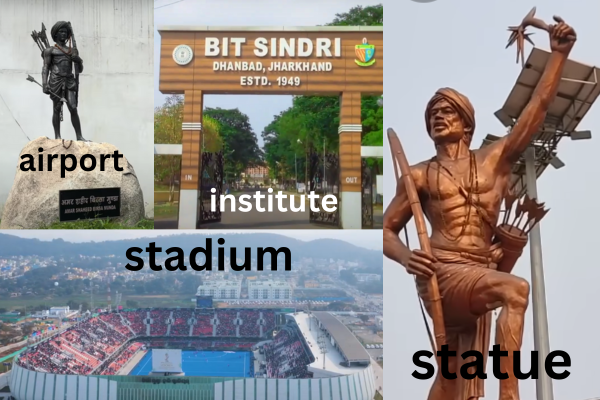
Birsa Munda history is remembered as a great hero in Indian history.
His name is taken as a symbol of pride and struggle of the tribal society. In his honour:
Birsa Munda’s contribution is unique not only in the freedom struggle but also in the upliftment of the tribal section of Indian society.
He taught the tribal society the lesson of self-reliance, self-respect and being organized.
Even after his death, his ideas and movements remained a source of inspiration for the tribal society.
Birsa’s efforts forced the British government to pass the Chotanagpur Tenancy Act, 1908, which gave the legal right to protect the lands of the tribals from the occupation of outsiders.
Formation of Jharkhand State: On 15 November 2000, on the birth anniversary of Birsa Munda, the state of Jharkhand was formed.
Naming of institutions and airports: Birsa Munda Airport in Ranchi and many universities, colleges and parks are named after him.
National recognition: The Government of India issued postage stamps in his memory and installed his statues in public places.
Birsa Munda Jayanti: His birth anniversary is celebrated on a large scale every year on 15 November in Jharkhand and other tribal dominated areas.
birsa munda history amazing
our other website tempo service : tempo gujrat

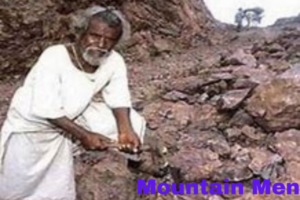

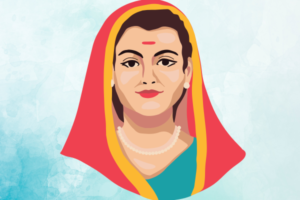
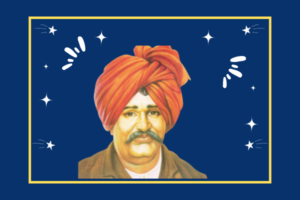

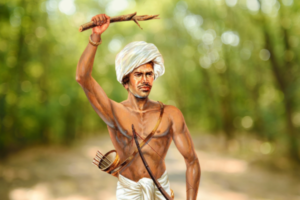
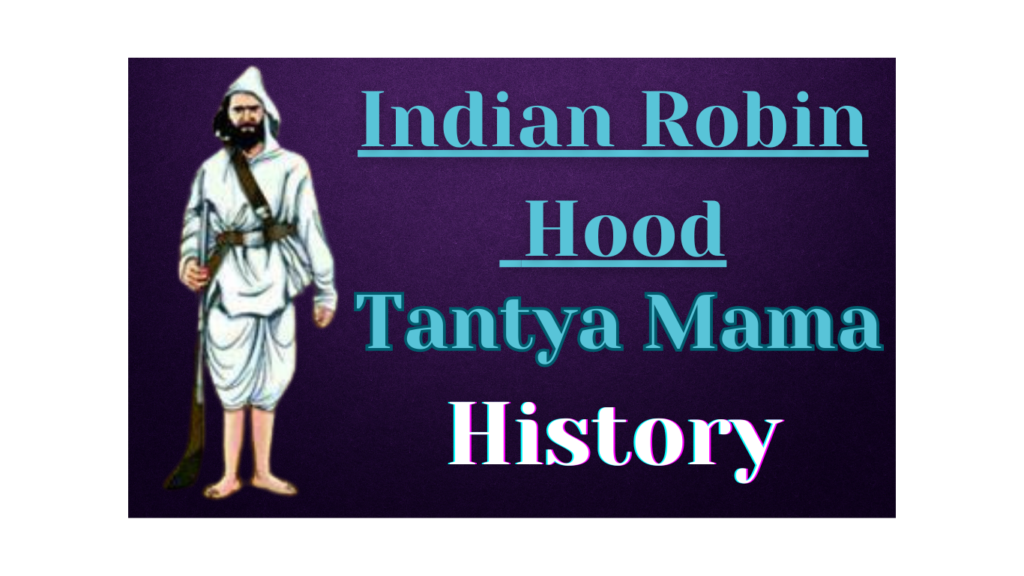

Birsa Munda punya tithi par koti koti vandan
Pingback: sant kabir das